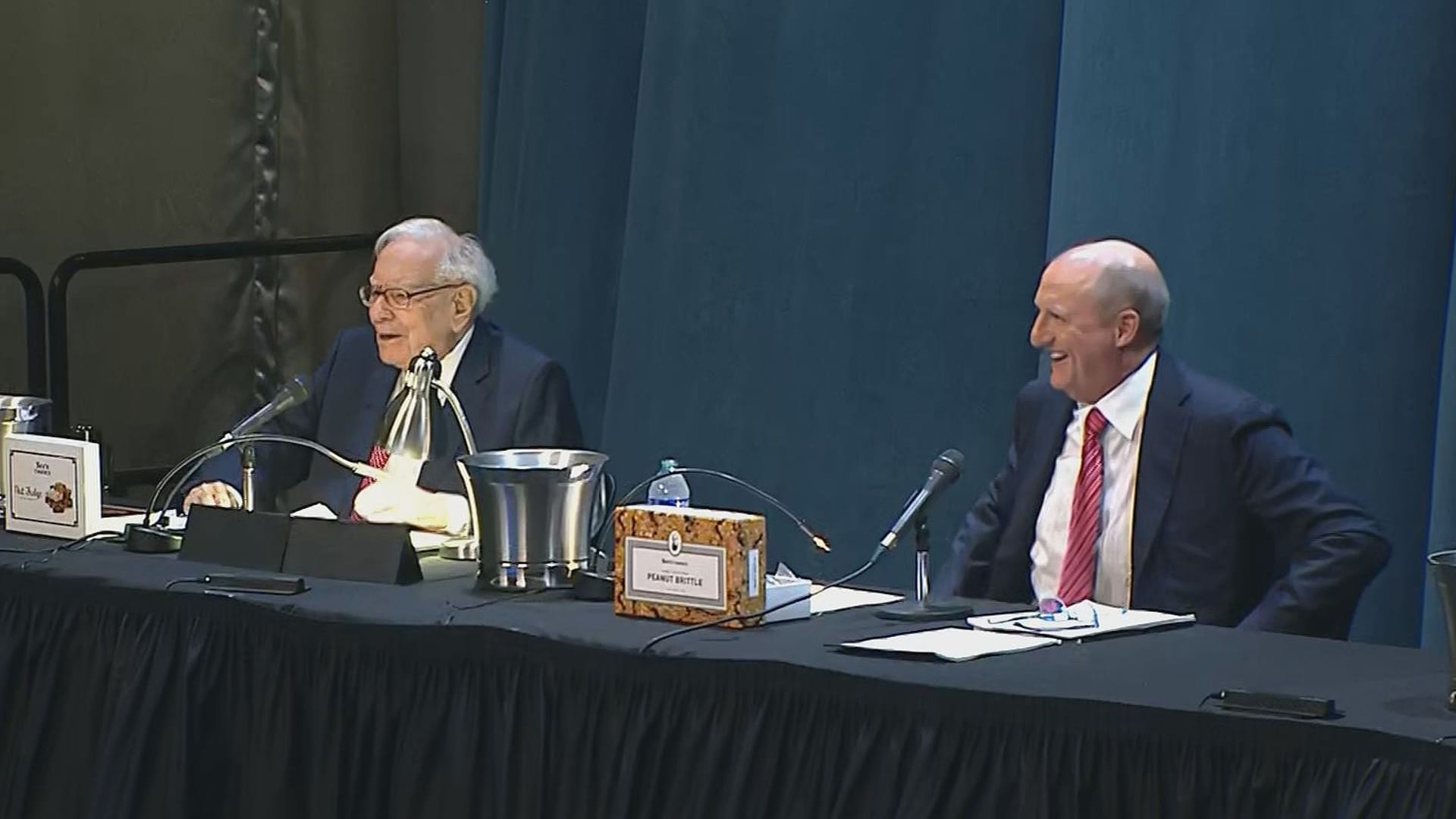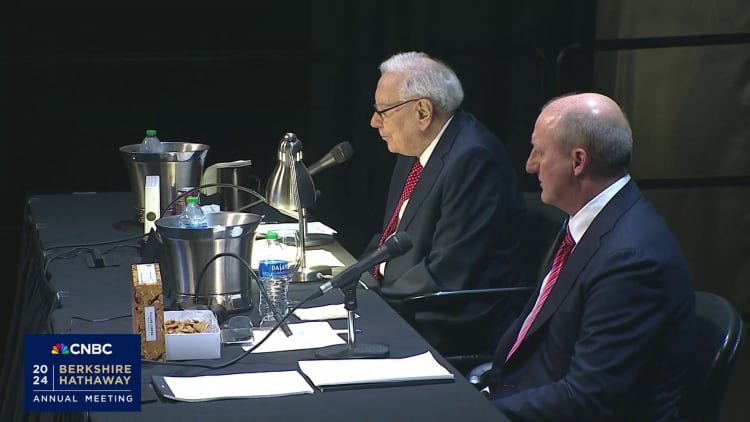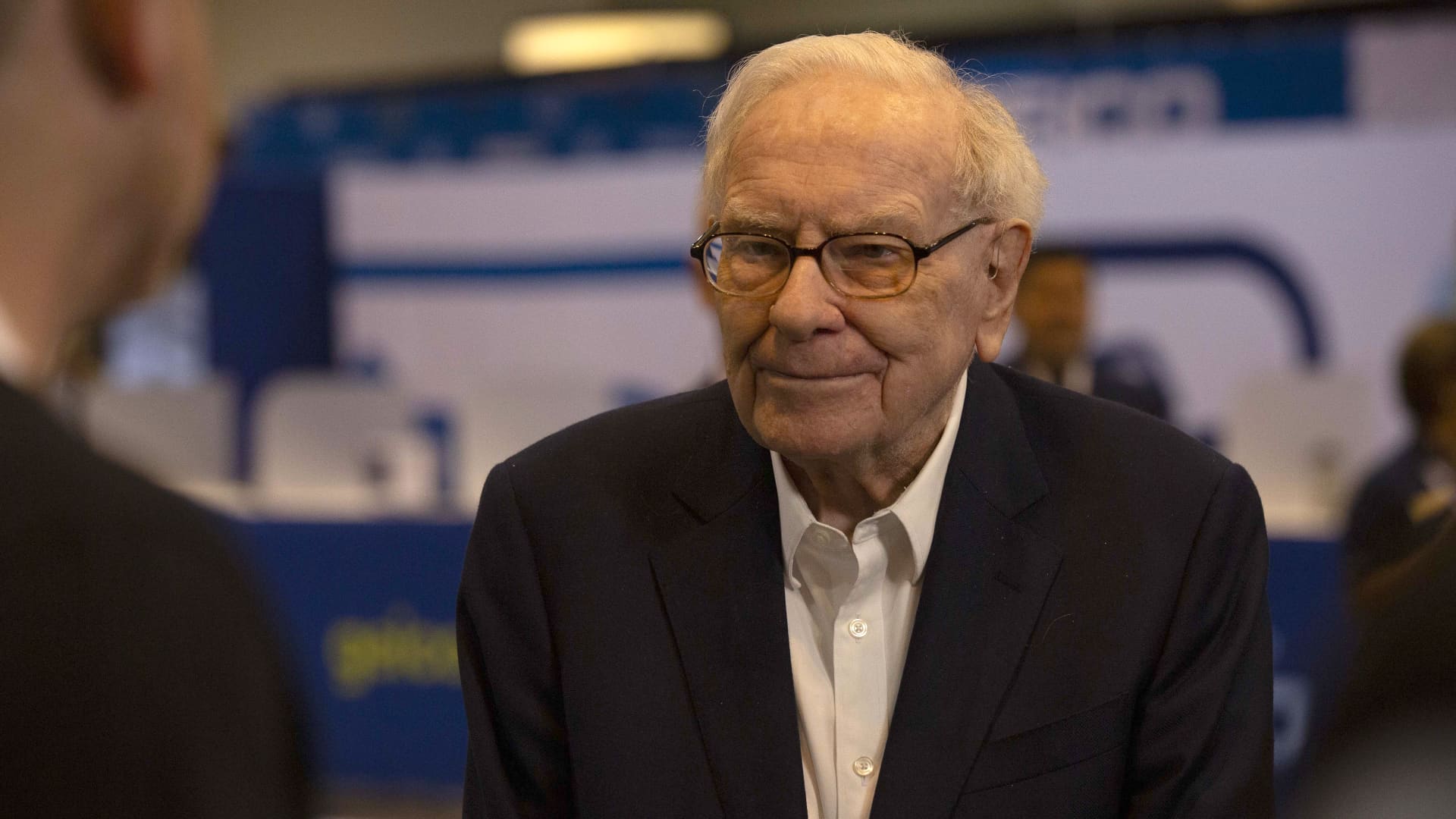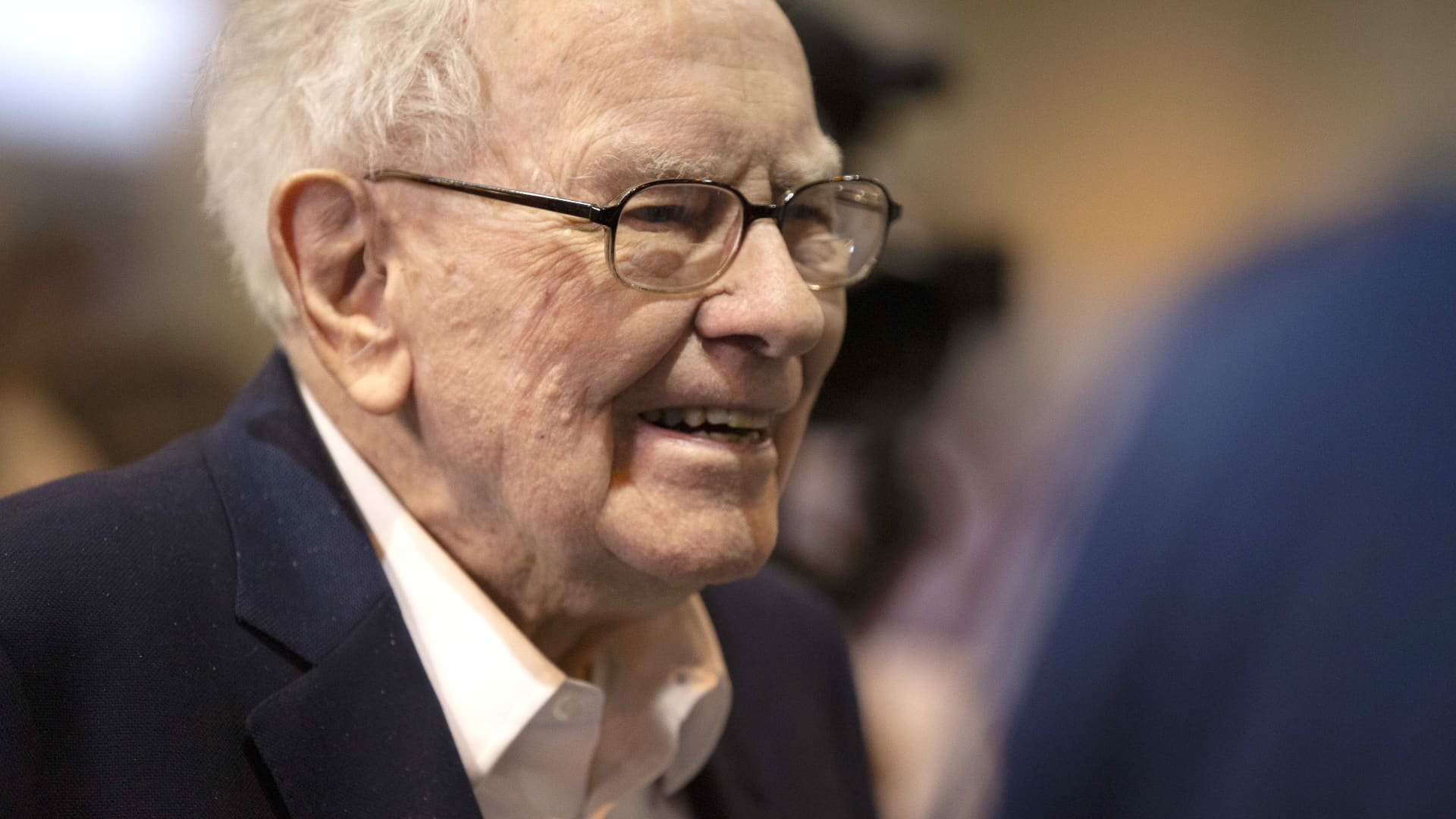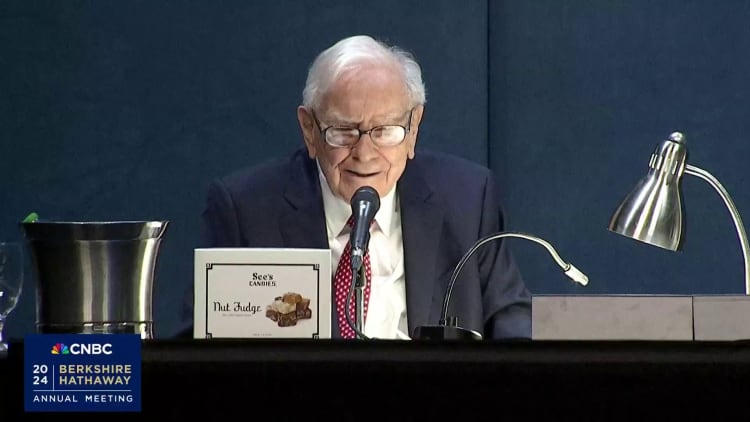Climate change has driven 3.2 million people out of certain areas of the country. (iStock)
More frequent flooding is leaving lasting damage, even as neighborhoods rebuild. Certain areas of the country are being deemed “Climate Abandonment Areas.” These areas are losing a large percentage of their population entirely due to climate change, specifically flooding, according to a First Street report.
Climate Abandonment Areas include 818,000 U.S. Census blocks. Over 3.2 million people have moved away from these areas between 2000 and 2020 due to flooding damage.
“There appears to be clear winners and losers in regard to the impact of flood risk on neighborhood level population change,” Dr. Jeremy Porter, the head of climate implications research at the First Street Foundation, said.
“The downstream implications of this are massive and impact property values, neighborhood composition and commercial viability both positively and negatively.”
In the next 30 years, current Climate Abandonment Areas are expected to lose more of their populations. The populations are expected to decline by an additional 16%, equivalent to 2.5 million more people.
“The population exposure over the next 30 years is a serious concern,” Evelyn Shu, a senior research analyst at the First Street Foundation, said.
“For decades we’ve chosen to build and develop in areas that we believed did not have significant risk, but due to the impacts of climate change, those areas are very rapidly beginning to look like areas we’ve avoided in the past.”
Having enough homeowners insurance is vital to protect you after a natural disaster. To ensure your insurance is suitable for your circumstances, visit Credible to check out plans, providers, and costs.
CLIMATE DISASTERS ARE DRIVING UP THE COST OF INSURANCE AND IMPACTING HOME VALUES: REPORT
California is one of the states struggling most with rising homeowners insurance rates
Of the 50 U.S. states, California is struggling the most with high homeowners insurance rates. Sky-high homeowners insurance rates are due, in part, to natural disasters like wildfires and mudslides.
Citing the high risk and the costs associated with those risks, State Farm recently announced it will not continue to insure homes in certain areas. It’s cutting 72,000 home and commercial insurance policies. These cuts impact around 30,000 homeowners and rental insurance policies specifically.
“We will continue to work constructively with the California Department of Insurance, the Governor’s Office, and policymakers to actively pursue these reforms in order to establish an environment in which insurance rates are better aligned with risk,” the State Farm press release stated.
Starting July 3, 2024, and continuing through the year, State Farm will begin pulling out of the California homeowners insurance market.
The same issue is happening in Florida, where Progressive has begun to pull some of its insurance policies. Starting in May 2024, to “rebalance their exposure”, they’ll stop renewing some policies.
If you want to find a new homeowners insurance provider that offers lower rates, Credible can walk you through each homeowner’s insurance policy, the coverage they offer and show you the rates you may qualify for.
2023 WAS THE HOTTEST YEAR ON RECORD, DRIVING UP UTILITY COSTS AND HOMEOWNERS INSURANCE PRICES
Homeowners insurance isn’t rising as fast as principal and interest payments
While homeowners insurance rates are definitely on the rise, they’re not rising as much as principal and interest payments on mortgages, a Freddie Mac report found.
The cost of buying a home has skyrocketed over the last few years, largely due to high mortgage rates. That said, homeowners insurance still contributes significantly to the total cost of homeownership.
In 2018, homeowners insurance premiums averaged $1,081 for Freddie Mac borrowers, but in 2023, they averaged $1,522 annually. That’s a 40.8% increase.
Freddie Mac found that in 2018, premiums accounted for 1.49% of borrowers’ incomes. This rose by 10% by 2023 when 1.64% of a borrower’s income went towards monthly premiums.
Certain states pay higher premiums than others. Louisiana, Kansas, Nebraska and Mississippi pay over $8 for every $1,000 in home value. All the while, borrowers from California, Washington, Nevada, Oregon, and Washington, DC all paid less than $2.50 for $1,000, according to the Freddie Mac report.
Comparing multiple insurance quotes can potentially save you hundreds of dollars per year. Luckily, it’s easy to get a free quote in minutes through Credible’s partners.
HOMEBUYERS GAINED THOUSANDS OF DOLLARS AS MORTGAGE INTEREST RATES FALL: REDFIN
Have a finance-related question, but don’t know who to ask? Email The Credible Money Expert at [email protected] and your question might be answered by Credible in our Money Expert column.

 Accounting6 days ago
Accounting6 days ago
 Finance1 week ago
Finance1 week ago
 Stock News1 week ago
Stock News1 week ago
 Personal Finance7 days ago
Personal Finance7 days ago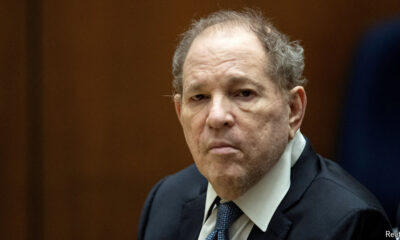
 Economics1 week ago
Economics1 week ago
 Stock News6 days ago
Stock News6 days ago
 Personal Finance1 week ago
Personal Finance1 week ago
 Stock News5 days ago
Stock News5 days ago


